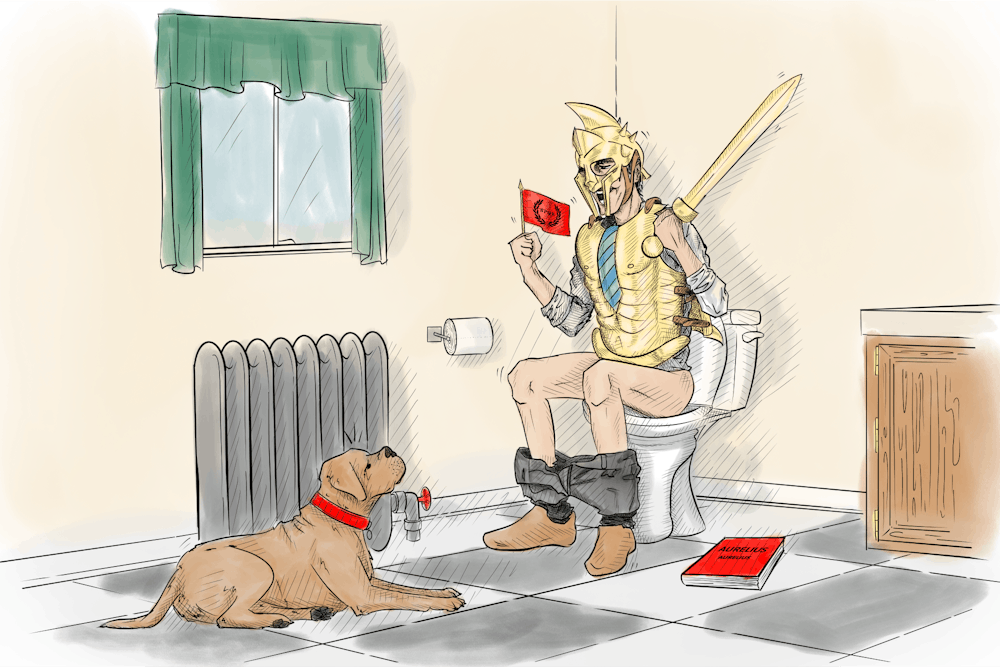How often do you think about the Roman Empire? It’s a question that may have garnered confused looks a couple of weeks ago, but has since found its place in the cultural zeitgeist through a TikTok trend.
The trend, which has amassed over 1.7 billion views, involves predominantly women asking the men in their lives how often they think about the Roman Empire. To the women’s utter shock and surprise, many of the men think about the Roman Empire on a semi-regular basis, with some saying they think about it as often as twice a day.
At face value, it pokes fun at the enigmatic inner workings of men’s brains. But dig deeper, and you’ll find that it highlights the role of social media in reinforcing cultural and gender norms.
It seems far-fetched to suppose that all men regularly think about the Roman Empire. That’s an estimated 3.97 billion brains (give or take) with images of gladiators and the Colosseum routinely coursing through their synapses. Equally absurd is the assumption that women don’t think about the Roman Empire. Indeed, it seems that the TikTok trend has overgeneralized an entire population.
Interest in the Roman Empire isn’t strictly reserved for men. It also isn’t something that all men think about regularly.
However, the trend’s TikTok popularity is supporting the idea that it is. The Roman Empire’s association with machismo in contemporary pop culture, exemplified in movies such as "Gladiator" with scenes of armor-clad fighters being impaled in the Colosseum, inextricably ties masculine aggression to the symbolism of the Roman Empire. With this in mind, the assertion that all men are fascinated by the Roman Empire props up traditional masculinity as a way to be a "real man."
The trend doesn’t only perpetuate societal ideas of masculinity, though. It also builds up Western culture as the de facto culture. Although the Roman Empire’s impact is profound on our world, ranging from plumbing to the American Declaration of Independence, the assumption that many men, and people in general, know about it seems based on a Eurocentric, western-centric worldview. The assumption also mirrors the classics' reputation of being a field historically dominated by white men.
Other historical societies had far-reaching impacts comparable to those of the Romans. Flushable toilets appeared in China’s Han Dynasty and the oldest known aqueducts were engineered by the Assyrian Empire. However, a TikTok trend discussing these advances has yet to appear and may not ever appear.
In their place is a trend where predominantly white men wax poetic about the Roman Empire’s contribution to society. When this perspective is catapulted to “For You page” fame, discussions of other global cultures are overlooked and Western culture is accepted as the dominant culture.




